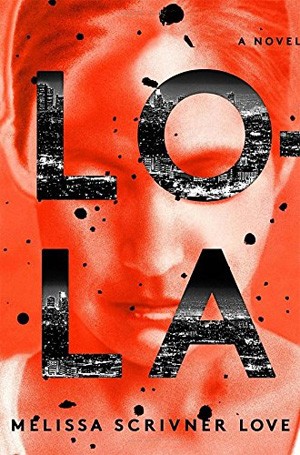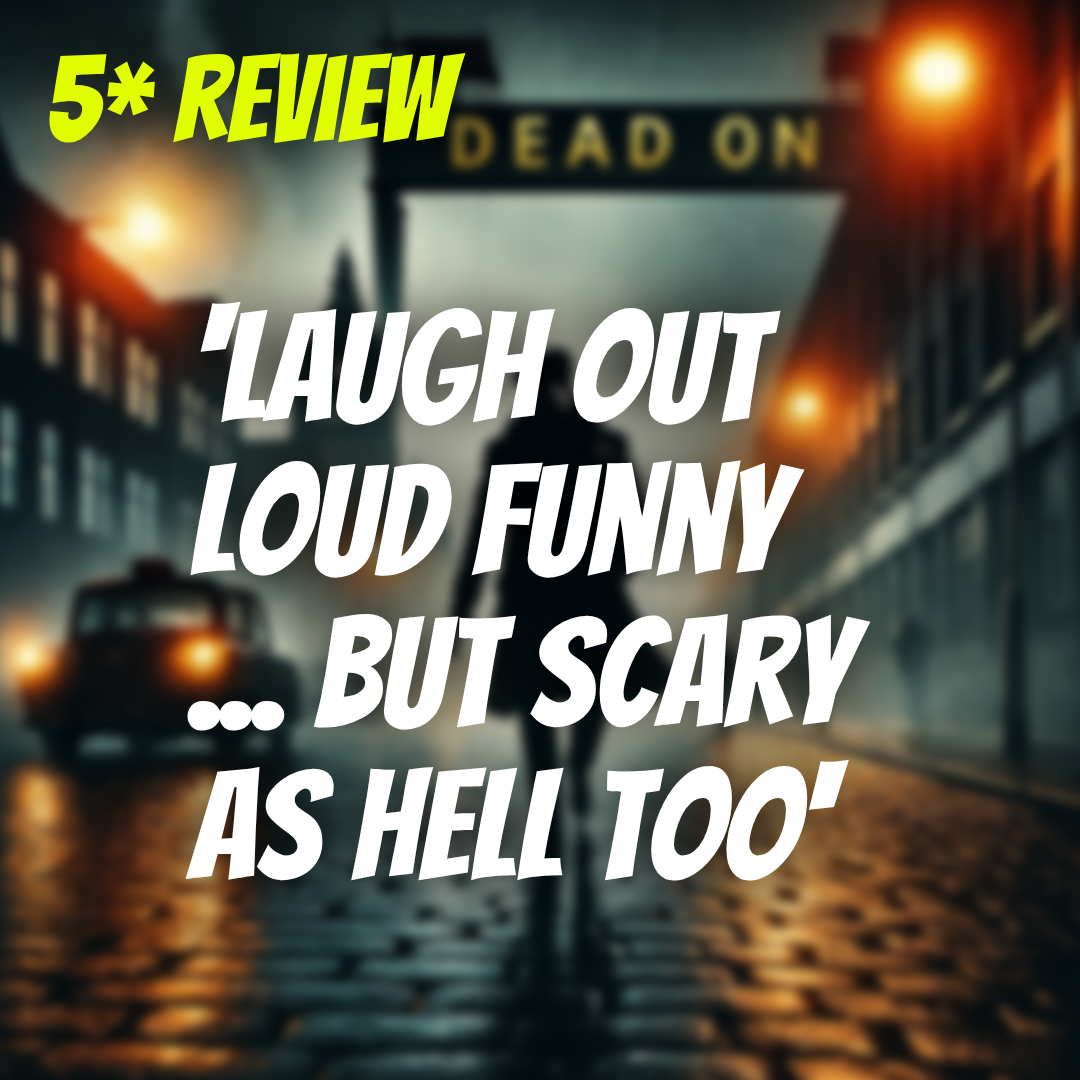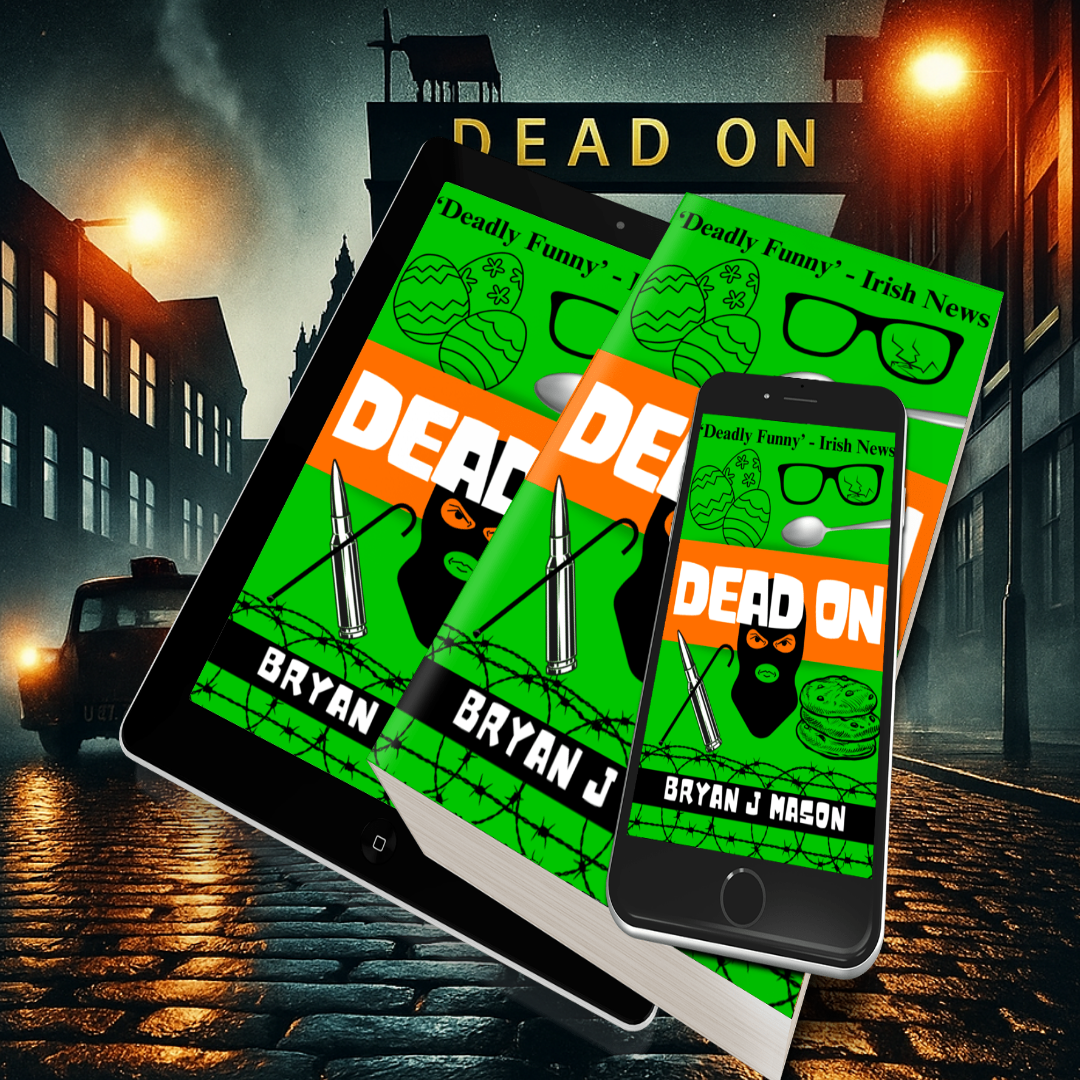 Written by Melissa Scrivner Love — Lola, the energetic protagonist of this Los Angeles-based crime thriller, is an eminently likeable young woman, flirting with death at the hands of rival drug operatives and flouting the legal establishment.
Written by Melissa Scrivner Love — Lola, the energetic protagonist of this Los Angeles-based crime thriller, is an eminently likeable young woman, flirting with death at the hands of rival drug operatives and flouting the legal establishment.
She lives with Garcia, the supposed leader of the Crenshaw Six, a four-person gang in their Huntington Park barrio. In the book’s opening scene, a backyard barbecue Garcia is hosting is visited by El Coleccionista, an emissary from Mexico’s Los Liones drug cartel. When you see how intent Lola is on monitoring the conversation between the two men, under the guise of demure cookie-toting hostess, you understand that she is much more than Garcia’s girlfriend.
In truth, Lola spent the first 23 years of her life figuring how to make sure men didn’t feel threatened by her. Being thought of as Garcia’s chica provides some protection, of course. Yet Lola battles throughout the book with the desire to be known and respected for her fearlessness and strategic acumen and the need to remain invisible for safety’s sake.
Debut author Melissa Scrivner Love keeps you in close contact with Lola’s mental state and conflicting priorities. One of the gang members is her younger brother Hector, which poses particular challenges for her leadership, because, unfortunately, Hector keeps messing up. He fumbles a $2 million dollar drug deal that could lead to the gang’s arrest or their deaths at the hands of another gang. The queue includes Los Liones, their Los Angeles partners, or their mysterious and well-heeled competition. Lola must figure out a way that her gang can satisfy the competing – and apparently irreconcilable – demands of these multiple players. At the same time, she does not want to end up beholden to any of them. She wants to be free to conduct her own business as she sees fit.
The drug business is not a business just like any other. There are terrible downstream consequences, and you aren’t spared a glimpse of those either. Lola and Hector’s mother is a frequently relapsing addict, which has caused considerable grief in her children’s lives, and a hole in Lola’s heart where maternal love should live. She and Garcia come into contact with Lucy, a little girl whose body is traded for drugs by her own mother. Wearing those same scars herself, Lola recognises the signs of sexual abuse. Although Lucy’s mother repeatedly tries to get her daughter back, Lola does what she can to prevent it and to give the girl a more regulated home life. Quite a challenge for her and Garcia in their line of work. Everything is relative.
Love does a persuasive job evoking the barrio flavour – its sights, sounds, and smells. This is a different slice of the rich Los Angeles pie than you get from Michael Connelly’s Bosch and Haller or Walter Mosely‘s Easy Rollins, or the sex-trade described by John Schulian. This Latino neighborhood is down, way down, but not out. She has expertly drawn the desperation and determination of her complex characters, as well. You become so immersed in their world that the degree of their alienation from mainstream society becomes clear only when Lola has to interact with people from outside. She can adopt an accent and slang-free way of speaking when she has to, but she knows that her clothes and her demeanor are all wrong. She only barely fits in. Nevertheless, her unlikely alliance with a fashion-forward public prosecutor also on the trail of Los Liones may be her best hope, and the juxtaposition of the two strong women is a refreshing take.
Lola is exceptionally well-written, with nice literary touches. It offers strong and varied personalities, an intriguing and multi-layered setting, and believably dangerous situations. The author grew up steeped in crime and courtrooms, with a police officer father and a court stenographer mother. She holds an advanced degree in English literature and is an Edgar Award-nominated television screenwriter. All this background has no doubt contributed to the compelling scenes and characters she has created for Lola.
Oneworld Publications
Print/Kindle/iBook
£7.34
CFL Rating: 5 Stars








